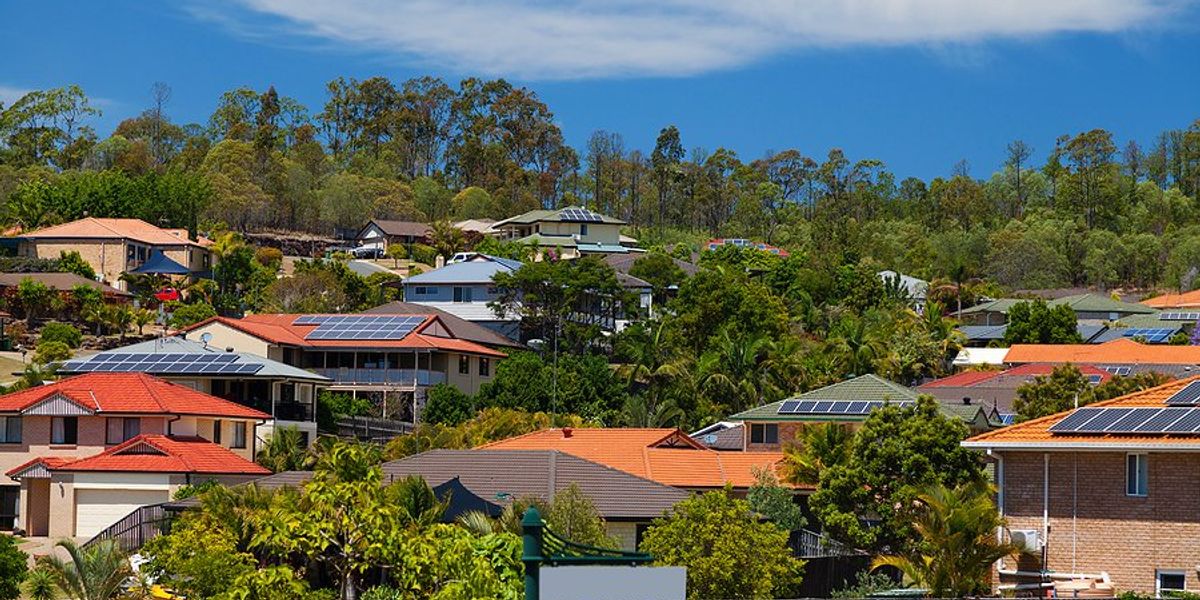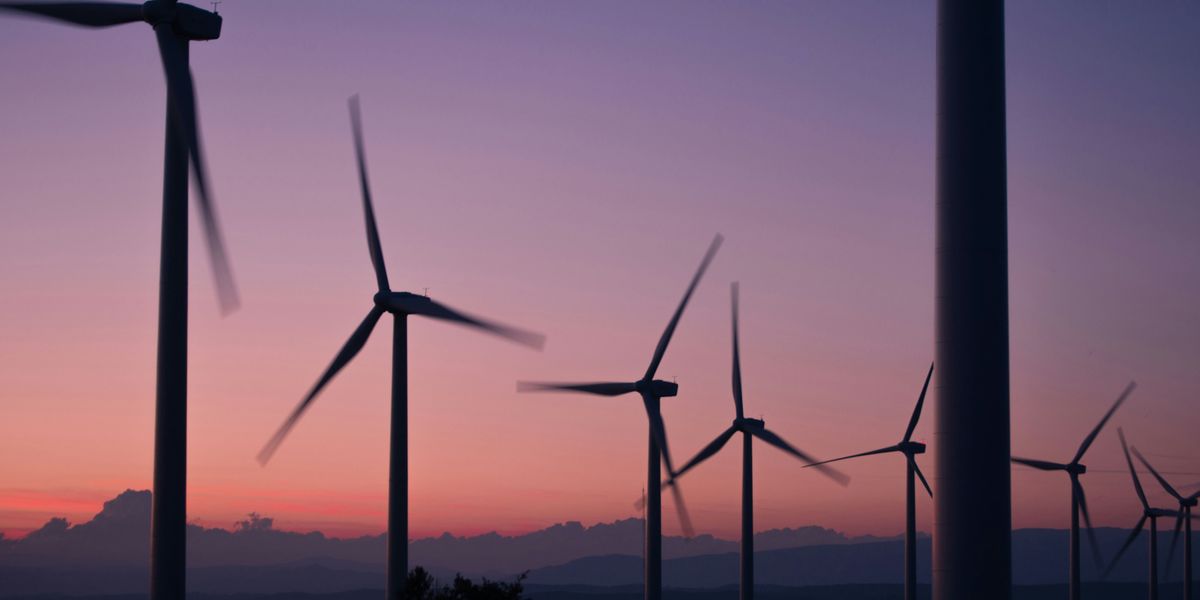carbon capture
Illinois carbon capture project faces early corrosion issues, raising long-term safety concerns
The nation’s first carbon capture and storage project, located in Decatur, IL, has violated Safe Drinking Water Act regulations due to corrosion in a monitoring well, according to the EPA.
In short:
- The Decatur project, run by Archer-Daniels-Midland (ADM), was the first in the U.S. to inject captured carbon into deep wells for storage.
- EPA inspections found corrosion in a monitoring well used to detect leaks, prompting concerns about long-term risks to groundwater safety.
- ADM has plugged the affected well and stated that local drinking water remains unaffected.
Key quote:
“This incident puts an exclamation point on concerns communities across the country have been raising for years about the dangers the CCS industry poses to public safety and drinking water.”
— Jim Walsh, policy director of Food & Water Watch.
Why this matters:
Corrosion and leaks in carbon capture projects could threaten drinking water and public safety. Early issues like this may signal more severe problems as these facilities age, potentially undermining their role in climate solutions.
Michigan's clean energy push faces challenges from natural gas plants
Michigan regulators must decide how to balance newly built natural gas plants in the Upper Peninsula with the state's 2040 clean energy goals.
In short:
- Michigan's new clean energy laws aim for 100% clean electricity by 2040 but face obstacles from natural gas plants in the Upper Peninsula.
- These plants, built just five years ago to replace coal, are now under scrutiny for their long-term impact on clean energy targets.
- Regulators are exploring options like carbon capture and renewable energy to meet the state's goals.
Key quote:
“These units serve that critical function in a part of the state with limited transmission access.”
— Brendan Conway, spokesperson for Upper Michigan Energy Resources Corporation
Why this matters:
The future of Michigan's energy grid depends on reducing reliance on natural gas, but in rural areas like the Upper Peninsula, replacing these plants is complex. The decision will impact electricity costs, grid reliability, and the region's environmental footprint.
Read more: Derrick Z. Jackson: Natural gas vs. renewable energy — beware the latest gas industry talking points
America is stuck in a climate contradiction
The U.S. is funneling billions into carbon capture to slow emissions, but it may not save areas like Louisiana most affected by climate change.
In short:
- Louisiana is becoming a hub for carbon capture, seen by some as a solution to climate change, though it primarily benefits the oil and gas industry.
- Critics argue that the expansion of liquid-natural-gas (LNG) plants worsens climate risks, particularly in vulnerable areas already suffering from rising seas and extreme weather.
- Despite its potential to reduce emissions, carbon capture technology is unproven at scale and may simply justify continued fossil fuel use.
Key quote:
“You always try to keep creating new value for the future.”
— Gray Stream, CEO of Gulf Coast Sequestration.
Why this matters:
Carbon capture is a major investment under Biden's climate plan, but it risks prolonging reliance on fossil fuels rather than transitioning to cleaner energy, raising questions about its real impact on climate and health outcomes. Read more: 30 environmental advocacy groups ask PA governor to veto carbon capture bill.
Canada’s greenwashing law fails to halt politicians’ CCS advocacy
Despite new laws targeting misleading environmental claims, Canadian politicians continue to promote carbon capture and storage technology, which experts argue is an ineffective climate solution.
In short:
- Canadian officials, including environment minister Steven Guilbeault, have been vocal about CCS despite industry removing similar claims due to anti-greenwashing laws.
- The oil and gas industry has scrubbed CCS-related content from websites ahead of new regulations requiring proof of environmental claims.
- Studies indicate CCS is costly, slow to implement and largely ineffective at reducing emissions.
Key quote:
“Carbon capture technology has failed to make a dent in reducing climate pollution, despite decades of subsidies.”
— Julia Levin, Environmental Defence Canada
Why this matters:
Continued promotion of CCS by politicians undermines new regulations intended to prevent misleading environmental claims, potentially diverting resources from more effective climate strategies.
Related:
NextDecade drops carbon capture plans for Texas LNG terminal
NextDecade has canceled the carbon capture component of its Rio Grande LNG terminal after a federal court revoked project approvals due to environmental and regulatory concerns.
In short:
- NextDecade withdrew its carbon capture plan for the Rio Grande LNG terminal following a D.C. Circuit Court ruling.
- The court found that federal regulators did not adequately assess the project's environmental and community impacts.
- NextDecade's claims of capturing 90% of emissions were criticized as unrealistic and insufficient by environmental groups.
Key quote:
“For three years, NextDecade has insisted to FERC and the public that it would implement a carbon capture and sequestration project that would reduce Rio Grande LNG’s egregious greenhouse gas emissions by at least 90 percent.”
— Nathan Matthews, senior attorney, Sierra Club
Why this matters:
The cancellation raises doubts about the viability of carbon capture in large-scale fossil fuel projects, particularly when environmental justice and regulatory oversight are at stake.
Read more: Climate activists pan carbon capture plans
Explosion at New Mexico carbon capture plant raises questions about oil industry subsidies
A fire at the Piñon Midstream Dark Horse plant in New Mexico revealed how carbon capture operations intended to combat climate change can end up producing more pollution while receiving substantial taxpayer-funded subsidies.
In short:
- The fire at Piñon Midstream’s plant exposed the risks associated with processing “sour gas,” a dangerous mix of methane, carbon dioxide and hydrogen sulfide.
- Despite the environmental damage, the facility may still claim up to $255 million in carbon capture tax credits in the next 12 years.
- The EPA approved the project’s monitoring plan just seven months after the fire.
Key quote:
“If your purpose in encouraging CO2 injection is to reduce the amount of CO2 that’s going into the air, it’s counterproductive to subsidize an industry that’s going to produce more oil and gas and put more CO2 into the air.”
— Preet Bains, research analyst for the Environmental Integrity Project
Why this matters:
Carbon capture projects like Dark Horse are marketed as climate solutions but can paradoxically lead to increased fossil fuel production and higher emissions. Taxpayers may unknowingly fund these projects, which contradict broader climate goals.
Related: 30 environmental advocacy groups ask PA governor to veto carbon capture bill
Louisiana carbon capture project sparks safety and environmental concerns
A proposed carbon capture facility in St. Rose, Louisiana, has raised environmental and safety concerns among residents, highlighting the potential risks of a $4.6 billion project in a historically Black community already burdened by pollution.
In short:
- The carbon capture and storage project in St. Rose aims to capture over 99% of carbon dioxide emissions during ammonia production, but residents are concerned about additional pollutants and safety risks.
- The project is part of a larger initiative supported by federal climate legislation, which increased tax incentives for carbon storage, sparking rapid development across Louisiana.
- St. Rose residents, who already face high pollution and health risks, fear that the new plant will exacerbate existing issues, especially since the area lacks adequate medical facilities.
Key quote:
“High levels of ammonia are deadly, and even lower levels from normal operations can cause breathing problems.”
— Kimberly Terrell, director of community engagement and research scientist at the Tulane Environmental Law Clinic
Why this matters:
Carbon capture projects, while aiming to mitigate climate change, can impose significant local health and safety risks, particularly in vulnerable communities. One of the primary concerns is the potential for CO2 leaks from storage sites. While rare, a leak could displace oxygen in the surrounding area, posing asphyxiation risks to people and animals. Such an event would be particularly hazardous for vulnerable communities, including those with limited access to medical services or those already facing environmental health challenges.



















